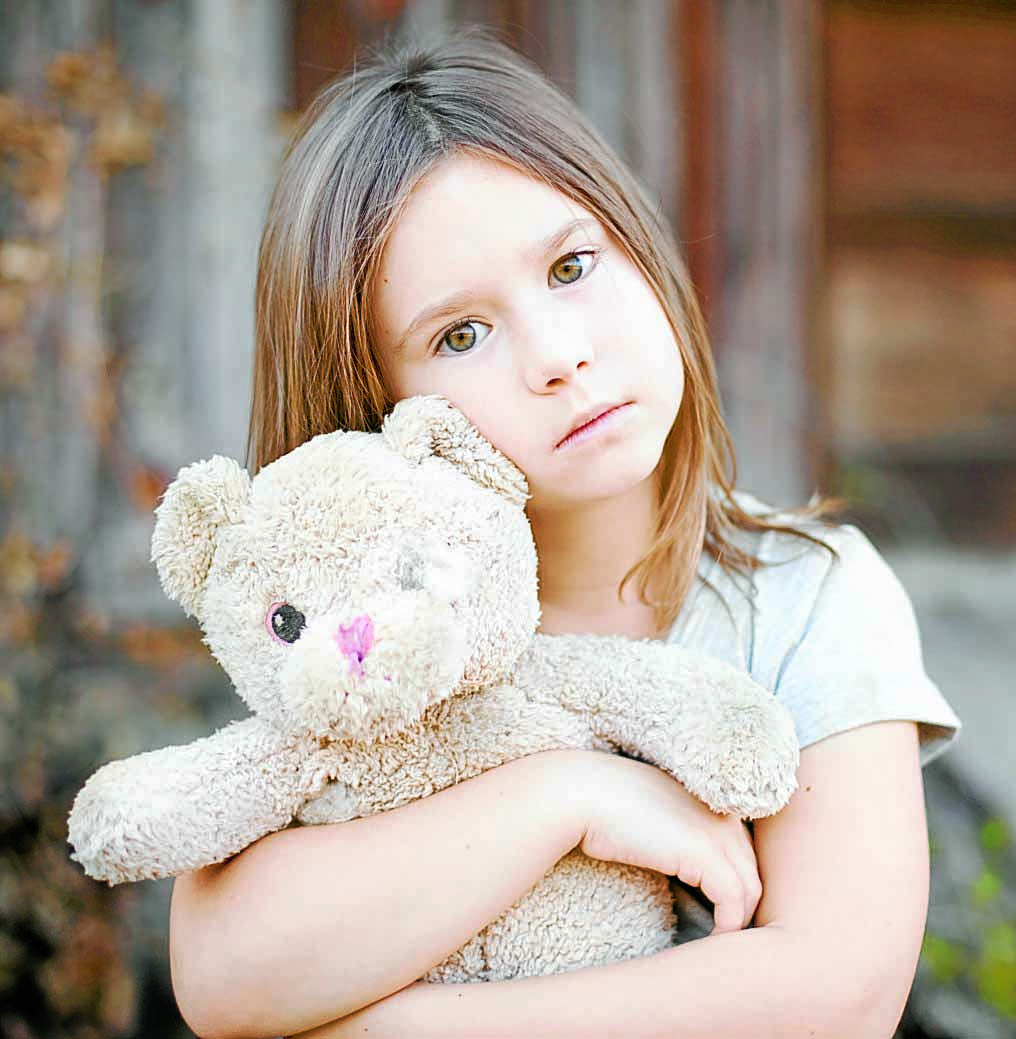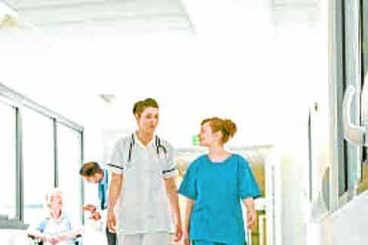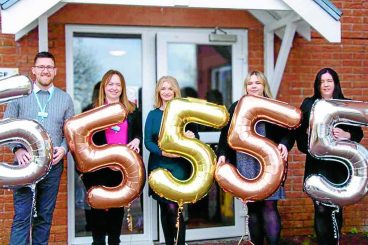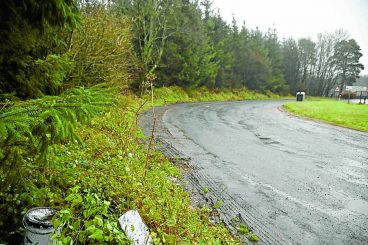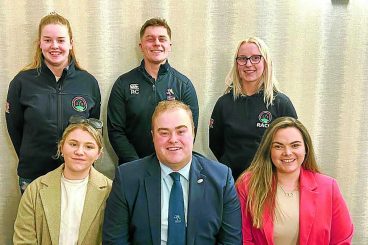But after 15 weeks away from school and their friends, the pandemic is likely to have had a lasting effect on youngsters.
Dumfries and Galloway Clinical Psychology Service have set up a webpage with lots of useful advice on how to help young people.
And consultant clinical psychologist and the region’s director of psychology Dr Louise Cumbley and consultant clinical psychologist Dr Mary Smeddle, both from NHS Dumfries and Galloway, have also shared top tips for parents and carers.
They said: “During the current situation, children and adults are having to adjust to a whole new way of living, including huge changes to their weekly routines and lots of restrictions placed upon what they can and can’t do. They haven’t been able to go to the park or to school and their connections with other important people in their lives, such as friends, family and teachers, have been drastically altered.
“Children will try to find an explanation for all these drastic changes and may be tempted to blame or criticise themselves. All of these negative thoughts can lead to unpleasant feelings and can be hard to deal with. As parents we have an instinct to try to fix or take away the problems for children but in these circumstances, this is not possible.”
The pair explained that changes in behaviour can be one way that children deal with challenging situations and they advise helping them to verbalise their feelings and talk about what is worrying or upsetting them. Dr Cumbley said: “Understanding that they are not to blame for this situation and there is little they can do to change it helps them to give themselves perspective and balance.”
Focusing on feelings is another key area, along with acknowledging that things may not be within our control and learning to accept them. The doctors said: “There is a belief that talking about feelings can make them worse but this is not the case. Sharing a fear or worry, being listened to and offered empathy and support, will make children feel safe and secure. This is not about solving the problem that causes the feelings but acknowledging and listening to children’s fears and worries. None of us have the answers and but feeling listened to and supported can make a world of difference to how our children feel.”
The pair believe the pandemic offers an opportunity to strengthen relationships as families spend more time together and said: “What we want our children to remember about this time is how they felt and how we got through this together.
“The phrase ‘connect before correct’ is a key principle in parenting in challenging times. If you want to ‘correct’ or change a behaviour, you first have to have a connection with that person. In these times it is important to try and be as kind and forgiving as you can be to yourself and to your child and remember that we are currently living in very stressful times and that you and your child are doing the best you can do to get through it. Showing that that we can apologise as adults, correct our mistakes and move on helps to build children’s resilience for their life as adults.”
The Dumfries and Galloway Clinical Psychology Service webpage can be found at www.nhsdg.co.uk/mental-health-and-wellbeing-and-coronavirus/.
A wellbeing hub is also available if you want to speak to someone about mental health. Call 01387 244495.





